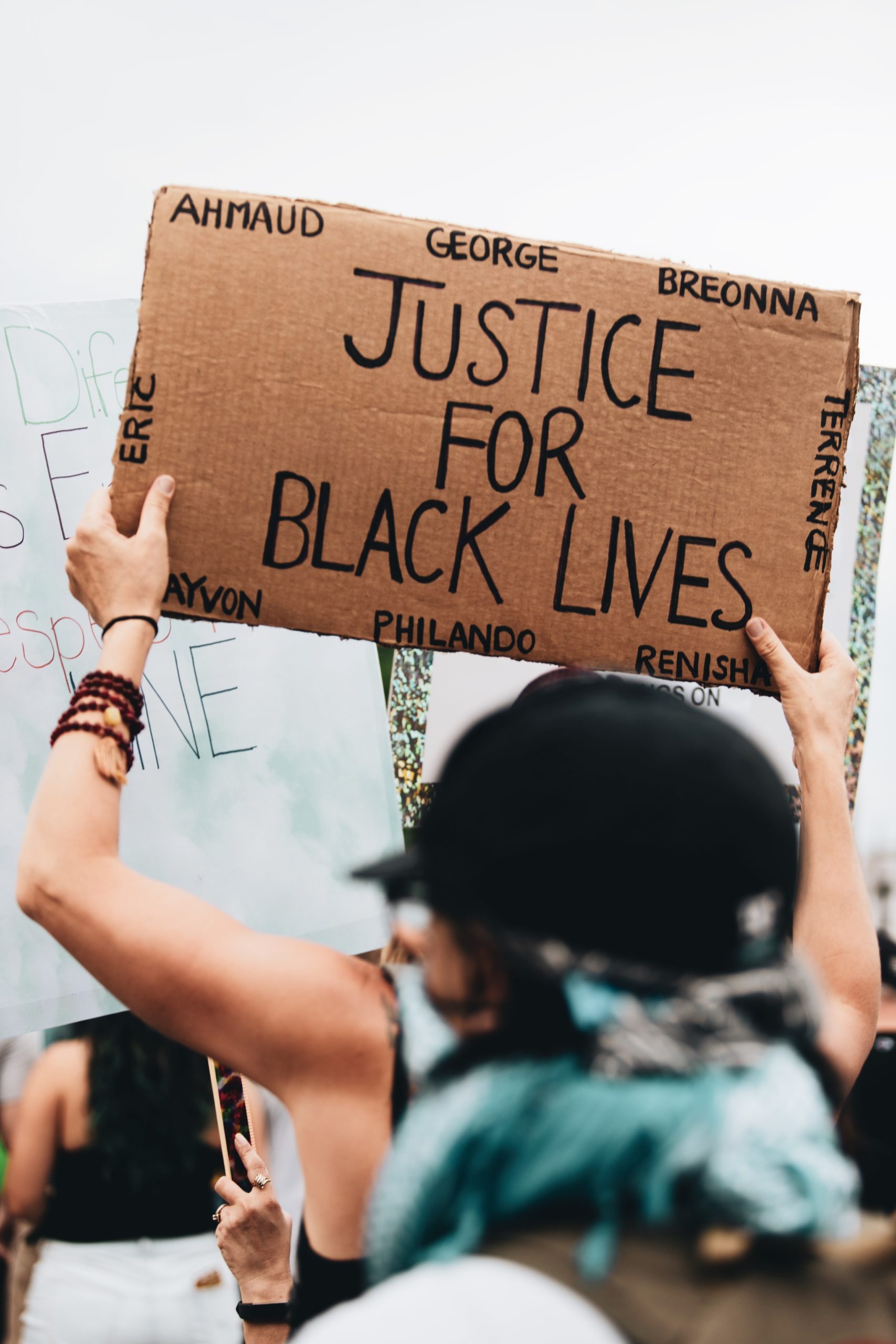
Reflecting on the Protests in Portland
Portland is one of the whitest cities in America, with an extremely racist history. So who would have ever thought we would be the city to watch during the modern-day civil rights movement?
The murder of George Floyd changed our country, and it changed Portland. So much so that this week, along with Seattle and NYC, we were designated an “Anarchist jurisdiction” by the Attorney General just this past Monday.
The protests here started the last week of May, almost immediately after Floyd’s murder hit social media. Thousands of people, of all colors, were on the streets of Portland chanting “George Floyd” and “Breonna Taylor.” I was at one of the first protests in late May, and I knew this was going to be different than anything I’d ever experienced in Portland.
We met at Laurelhurst Park and marched through the city north towards Burnside. Everyone was chanting, and you could feel the energy. The hope for change was alive. Then, we stopped right in front of Portland’s eastside police precinct. I was across the street from the precinct and I saw that all officers were in riot gear. They were armed. I was nervous because I’d never experienced anything like that at a protest before. I didn’t know if any of us were going to get shot with rubber bullets or sprayed with tear gas. I had seen it happen in other areas of the city, so I knew it was possible. I didn’t know whether to turn around and walk home or stand my ground with the others and face any consequences coming our way. Then, things shifted.
The chanting from the crowd died down when one officer took to his bullhorn to tell us to keep moving.
We didn’t. The crowd started chanting again, and now we were asking law enforcement to join us. The police didn’t budge. They told us to continue east, and we kept asking them to join us. This went on for about 20 minutes. Finally, we gave up. We moved on to another park at 52nd and E Burnside, E. There, people spoke and educated the crowd of mostly white people on how to be good allies to the Black community in Portland.
It was a peaceful night. So were most of the nights after that, as the protests continued. Once in a while, I would hear about looting and some damage to businesses downtown. This has happened before, specifically when the Proud Boys, a right-wing group that flirts with white supremacy and violence, gets involved in a protest. It was a little scary, but I know people destroy things when they aren’t being heard, out of anger and frustration. Though I didn’t blame those who were destructive, our government, both local and federal, did blame them, and my gut told me things were going to get way worse.
Fast forward to July 2nd, when I learned for the first time that federal officers had taken to the streets of downtown Portland to confront the protestors. My city was under siege. This was when the real violence started. Federal officers began with tear-gassing protestors. When that didn’t work, the rubber bullets came out, which caused severe injuries to several protesters; they ended up in the emergency room.
I watched live streams almost every night and started working with friends to help the people on the front lines. We raised money for food and got PPE for them. I couldn’t believe I had friends who were being shot at by federal officers for standing up for injustice. I’ve stood up for others hundreds of times, but I never felt that I was in danger when doing so. Though I was getting antsy sitting at home, when my friends and I felt ready to head into the heart of the uprising, my friends saw footage of one of their colleagues shot in the face with a rubber bullet. They backed out. I understood their hesitation and chose not to go on my own. I didn’t feel safe: not because of protesters, but because of the troops. This wasn’t right.
As July went on, the violence got worse. Medics were being teargassed, punched, kicked, hit by batons and shot at by federal officers, disabling them from doing the one thing they were there to do: Help the protestors. Yet, the uprising got bigger. More and more people headed into downtown to fight for Black lives and to get the feds out of our city. The protests went on for weeks, with the violence getting worse each night. We thought when feds waved their white flag, after negotiations with the Portland mayor and Oregon governor, the violence had ended. We were very wrong. The Portland Police took over where the feds dropped off.
The Saturday after the feds withdrew from Portland, I attended a very peaceful protest fighting to end injustice in education. There was no law enforcement, just the people of Portland fighting for what’s right. We policed ourselves as we marched through Portland chanting “Black Kids Matter” and “No Justice, No Peace, No Racist Police”.
So, despite my city’s racist history, I am so proud to be a Portlander today. We are not afraid to stand up and fight for those who are oppressed. Across the country, from Portland to Kenosha to the Bronx, people are facing intimidation and violence from those who are supposed to serve and protect us. But, we are refusing to back down until we see a world where Black lives matter.



